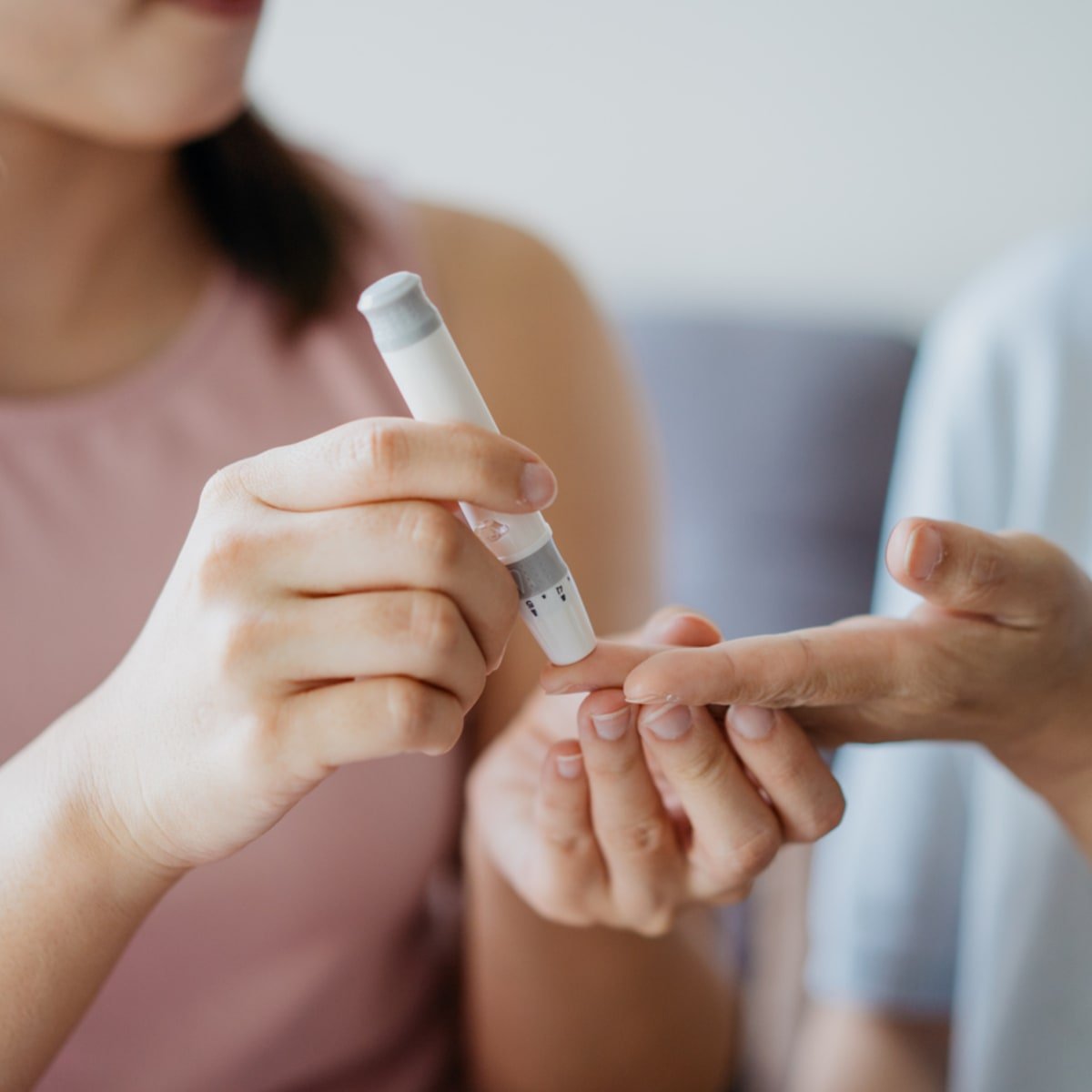Bioidentical Hormone Replacement Therapy (BHRT) offers a range of significant health benefits. Firstly, BHRT aims to restore hormonal balance, providing relief for individuals experiencing symptoms linked to hormonal imbalances, such as estrogen, progesterone, and testosterone deficiencies or fluctuations. This therapy can lead to an improved mood, reducing mood swings, irritability, and symptoms of anxiety or depression. BHRT also enhances energy levels, combating fatigue and promoting vitality, ultimately enhancing one’s quality of life. Additionally, BHRT can regulate sleep patterns, leading to better rest and cognitive function, including memory and concentration. Physical comfort is addressed as well, alleviating symptoms like hot flashes and muscle aches. Overall, BHRT can contribute to better well-being, sexual health, cardiovascular health, bone health, weight management, skin, and hair health, offering a holistic approach to improved health and vitality.


